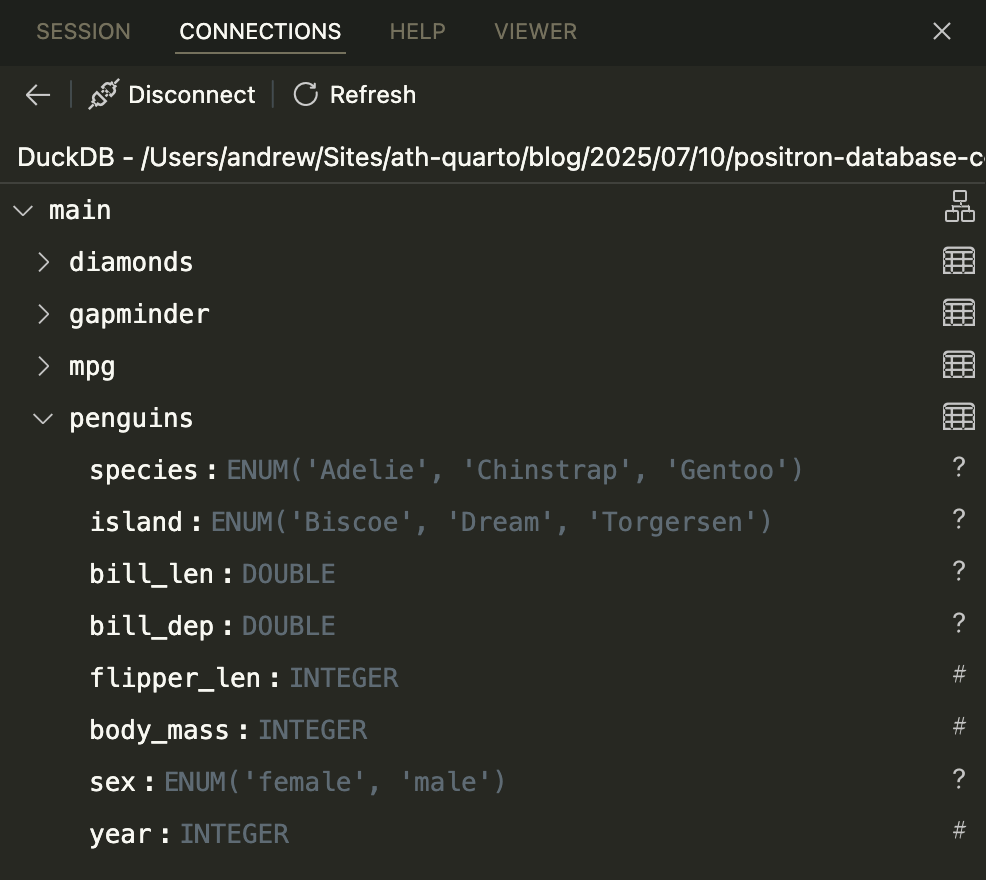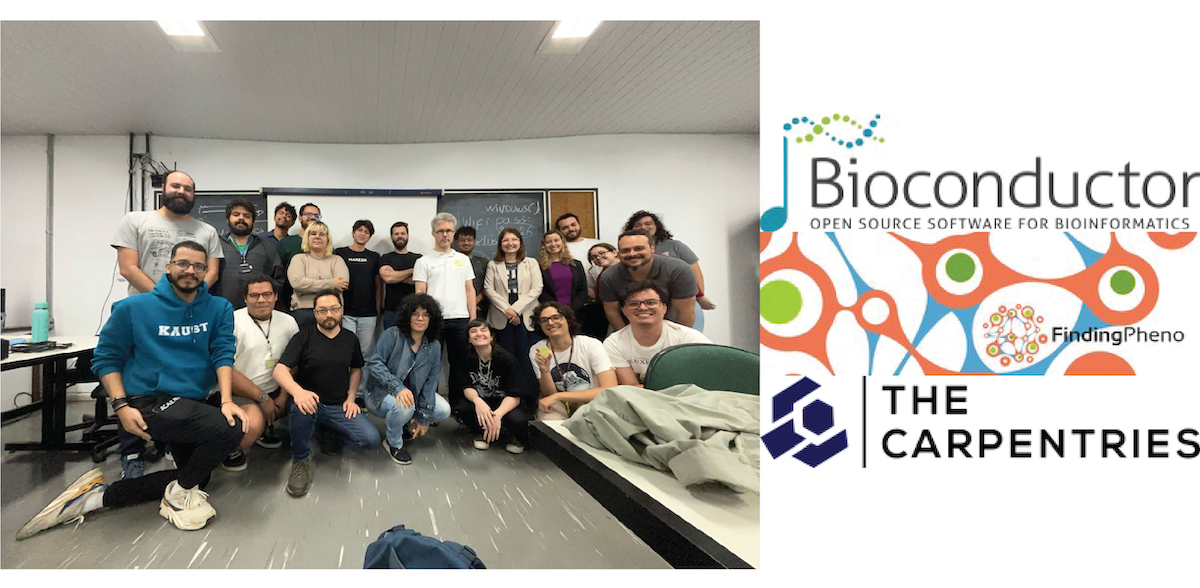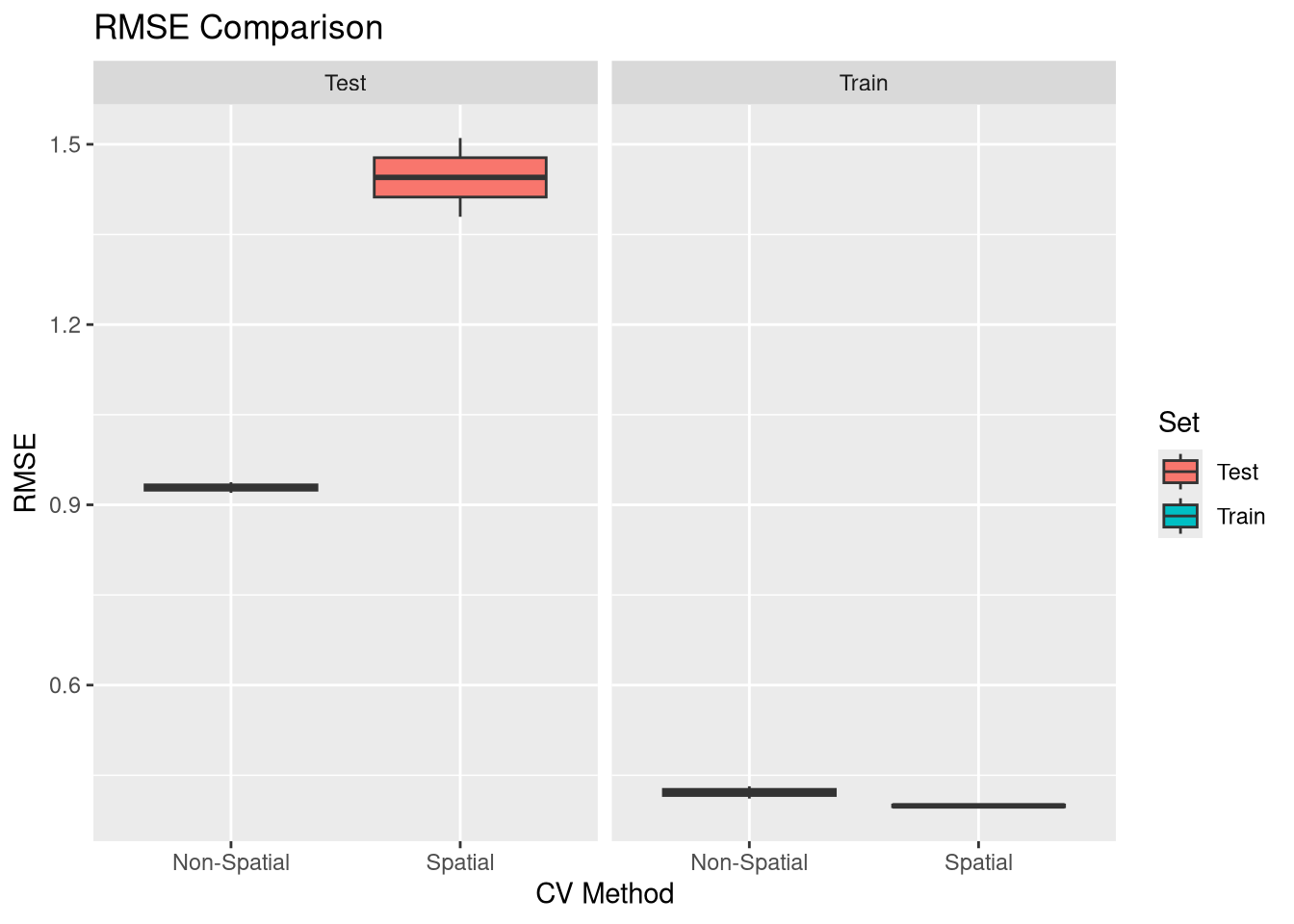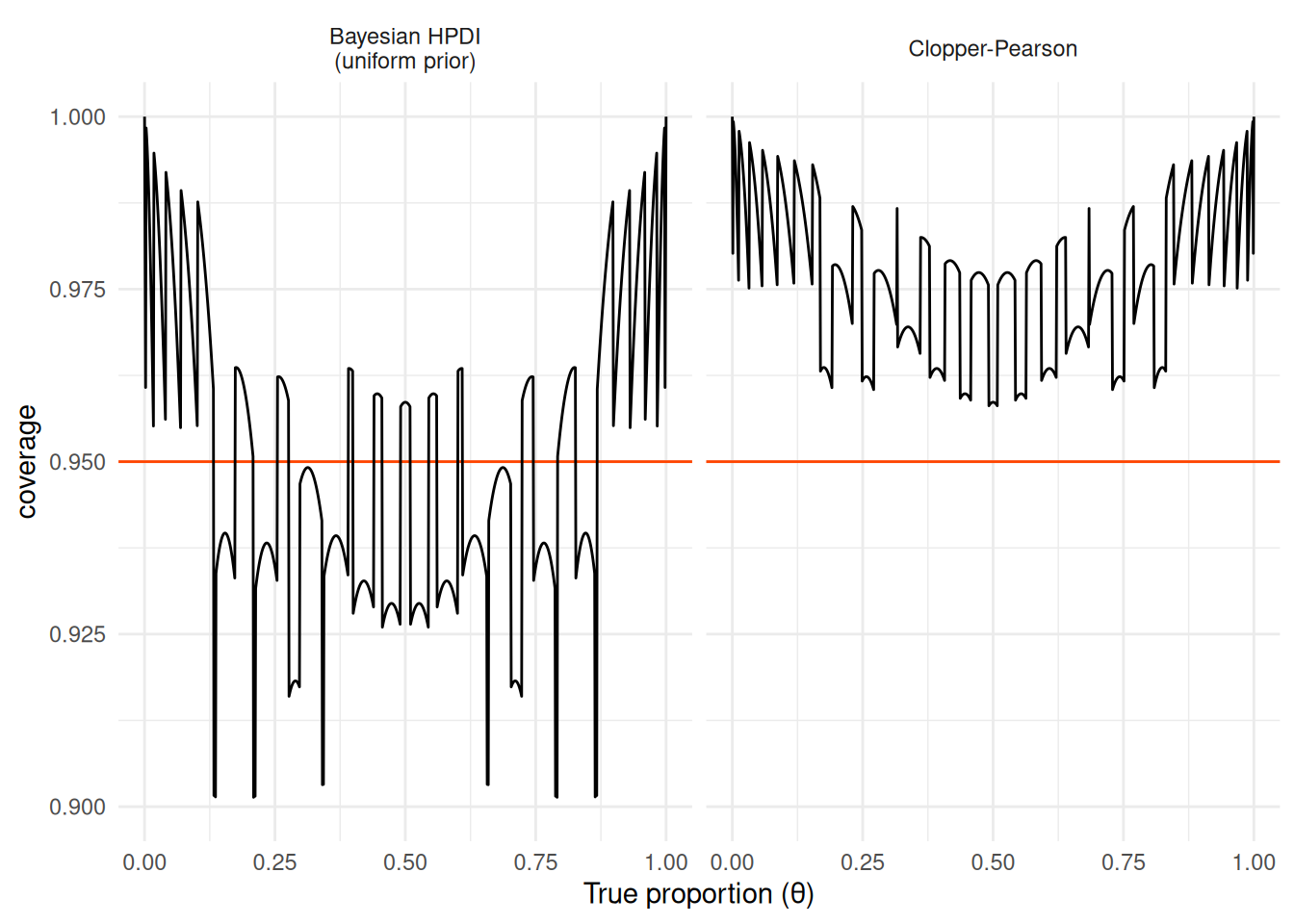
This week’s recap highlights an interesting new model of deep ancestral structure shared by humans unearthed using a new coalescent-based HMM (cobraa), a genomic language model for predicting enhancers and their allele-specific activity, atom-level enzyme active site scaffolding using RFdiffusion2, and a new perspective article on multimodal foundation models in biology.






